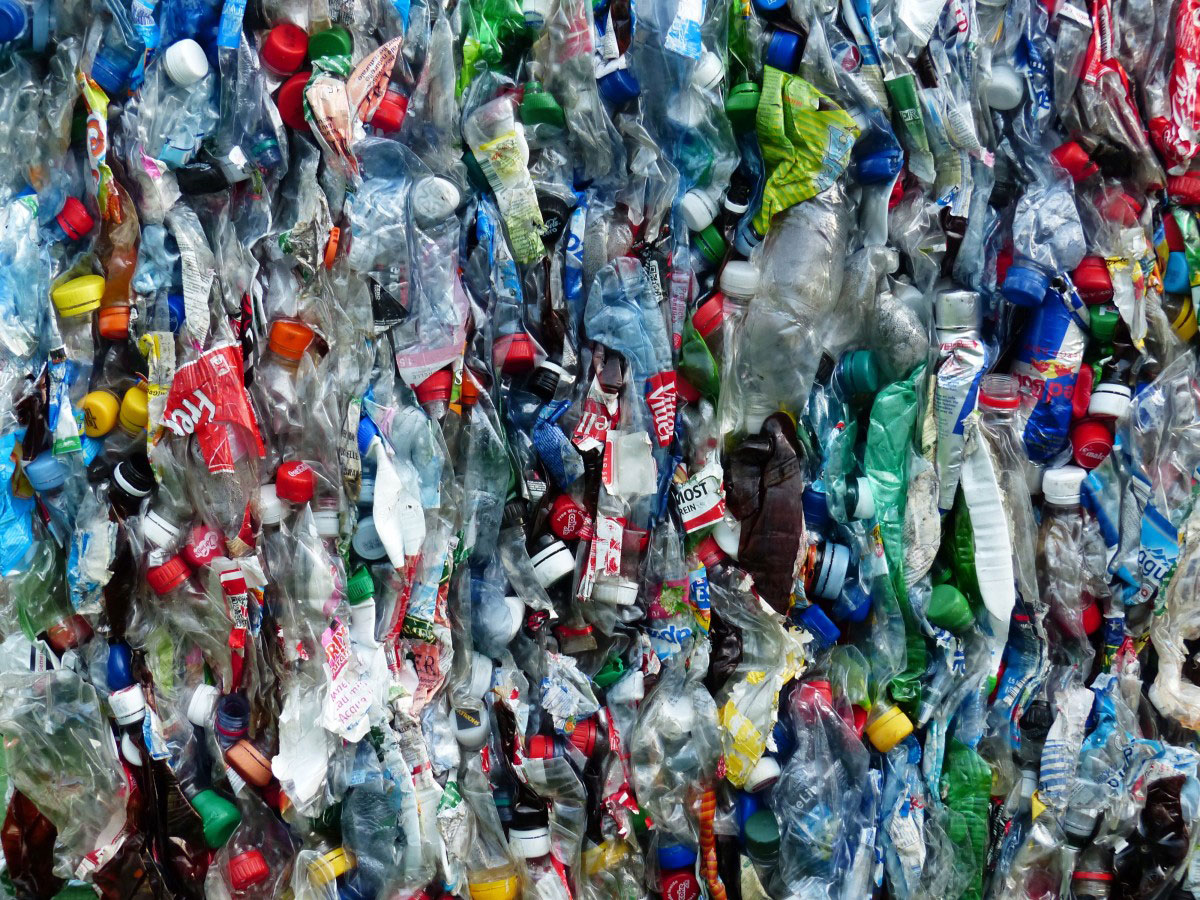Why Does Canada’s Waste End up in Countries like the Philippines, China, and Elsewhere – read here!

You wouldn’t think that Canada’s waste would end up in places like China, Malaysia, and the Philippines yet it does. Within the past year, China, the Philippines, and Malaysia have finally said no to our waste and have told us to stop sending our garbage to these countries. Why does Canada send its waste overseas? Are we polluting these developing countries with waste we refuse to take responsibility for? How is the plastic, glass, and paper we put into our recycling ending up in non-Canadian facilities? These are all questions worth getting an answer to.
The sad truth about waste and recycling in Toronto is that what you put into your recycling bin isn’t necessarily going to end up recycled. It very well could be recycled but depending the market, it may be tossed away with waste.
A lot of the time what happens is that our recycling is sold post-collection from the municipality towards a recycling company. In large part, our waste and recycling is not actually handled by public services but is handled by private industry. After waste or recycling is purchased, it’s then sorted, cleaned, and compressed into small cubes. These cubes are then put up for auction.
From there, another company will purchase these processed cubes of recycling material. They may choose to purchase some cubes and process it into pellets which can then be sold to an industry like plastics where it can then be reused in new product. Alternatively, after buying a cube, a company could sell it again to a company overseas seeking to make a profit from our recycling. What this highlights is that our waste management products and recycling are changing hands multiple times. Complicating things, last year, China said it was no longer accepting plastics waste and as a country, Canada had to find new markets to sell our recycling to.
Now as to how Canada’s waste ends up in Asia, it’s because companies in these countries are buying it. Unfortunately, as the market sometimes changes, the recycling which doesn’t have much market value is sent to the landfill. Furthermore, what is purchased overseas isn’t always recycled and is sometimes simply tossed away or even burned.
Does Canada recycle any of its waste? Surprisingly, only about 9 percent of our plastics waste gets recycled here in Canada. The costs of recycling in Canada are high as it requires a lot of transportation and doesn’t always have a definitive purpose to get the recycled product to.
What countries like the Philippines and Malaysia have highlighted is that recycling isn’t really working in Canada. Cities like Toronto aren’t doing a good enough job at reducing plastics or processing the plastics we have. There are some positives, such as BC’s government instituting ‘extender producer responsibility’ which puts the responsibility of recycling on the producer and which has resulted in all plastic collected in BC remaining in the province. Also, Canada’s has agreed on a ban to single-use plastics by 2021. Is this enough though? Absolutely not.
As a country, we need to be responsible for the waste and recycling we produce. There’s a lot more we could be doing, in addition to the systems we have in place requiring a thorough examination. To put it succinctly, there’s no reason Toronto, the province of Ontario, or Canada should be selling any of its waste or recycling to another nation.


